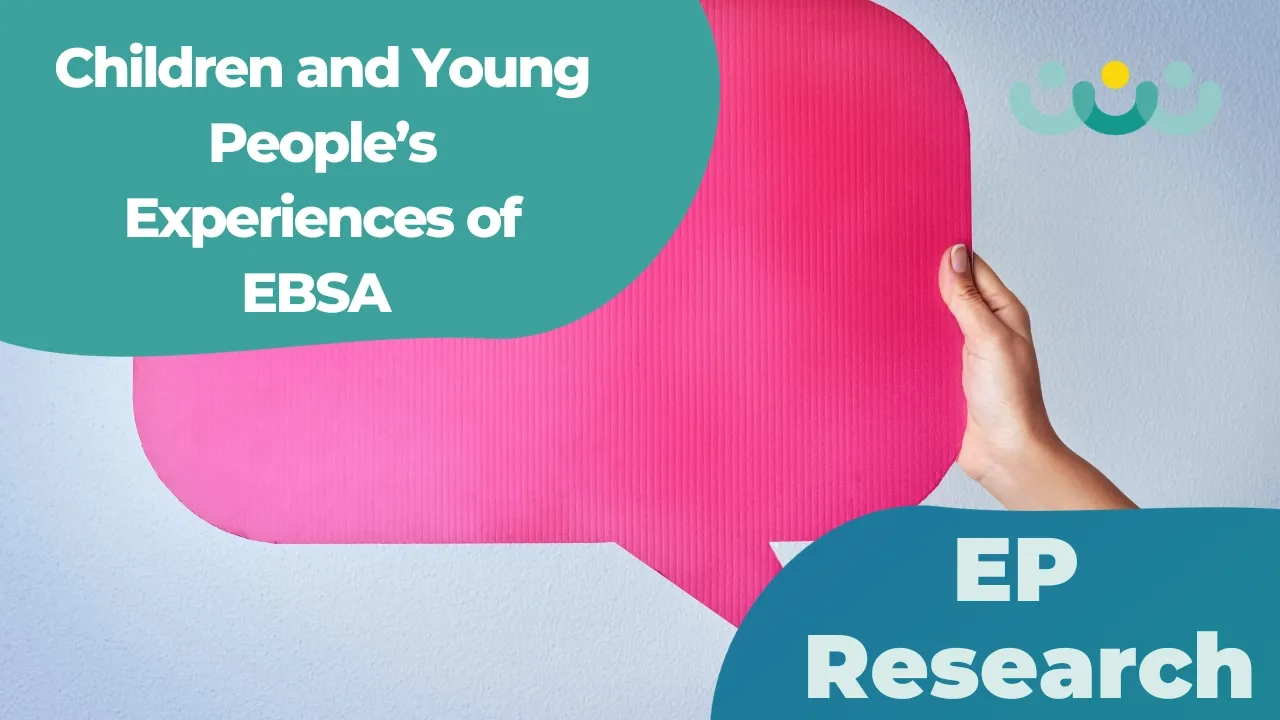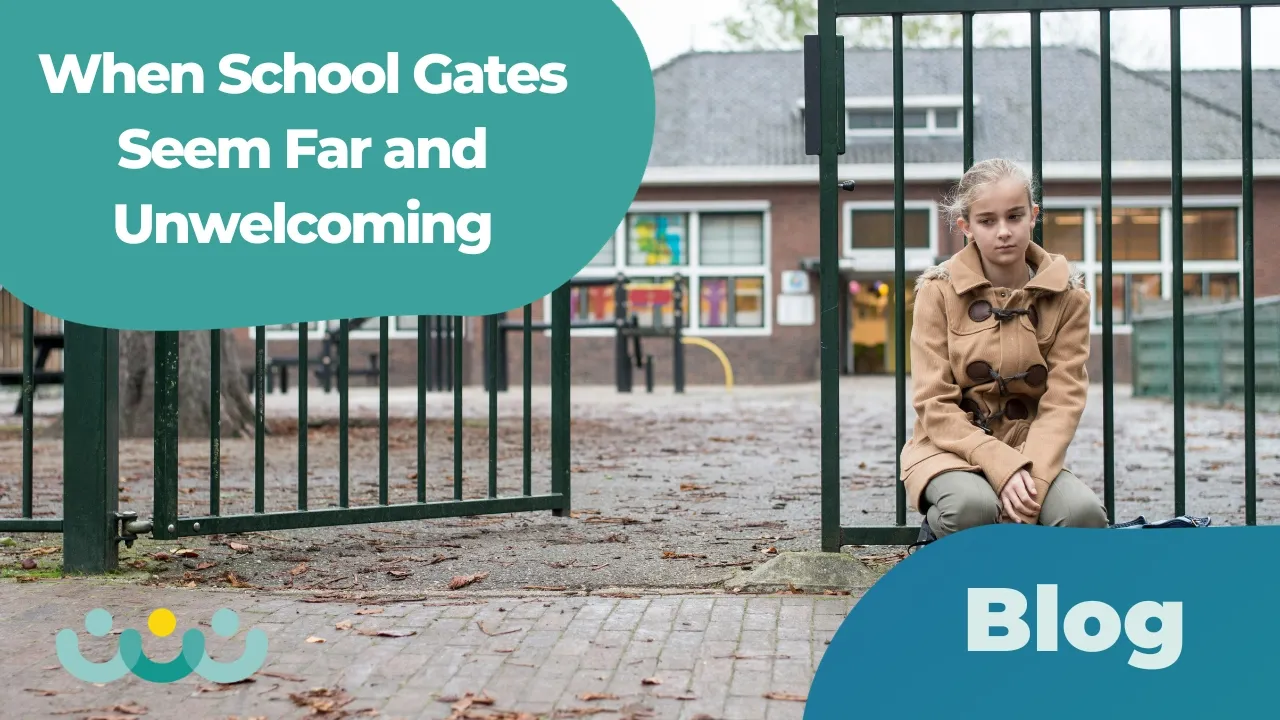We understand that children and young people may occasionally miss school for various reasons. Sometimes this is related to their physical health, their mental well-being, or a range of other school / family related factors.
The Checklist for Attendance Tracking and Support (CATS) is from Dr Jerric...
by Dr Becky Morgan, Educational Psychologist
In my doctoral research I explored the way that language and discourse impacts the self-concept and social-identity of autistic adolescent girls. Various personal and professional reasons led me to this area of study, but one major influence was my exper...
In the continually busy school environment, amidst the laughter and chatter of children, there lies a silent struggle that often goes unnoticed - Emotionally Based School Avoidance (EBSA). As an attendance lead, your role is pivotal in identifying, understanding, and addressing this complex issue th...
by Dr Shannon Corcoran – Educational Psychologist
Effective intervention and support for school attendance difficulties requires an understanding of the perceived ‘push and pull’ factors contributing to attendance from the perspective of the child/young person who is experiencing the difficulties a...
Schools are dynamic, constantly evolving environments where various professionals play pivotal roles in supporting pupils’ well-being and learning. Amidst this, the role of attendance officers or education welfare officers, especially in addressing Emotional Based School Avoidance (EBSA), is crucial...
For many children and young people (CYP), the school stands as a place which encapsulates moments of joy and lifelong friendships. Yet, for others, the path to the school gate becomes encumbered with multifaceted barriers.
A young boy I recently saw (let's call him Alex), found the school environme...








